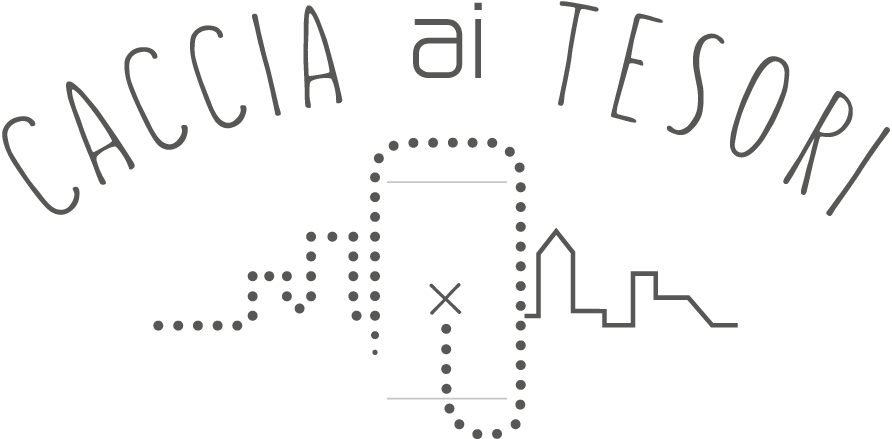As an essential mineral, calcium plays a crucial role in the human body. One of its most important functions is to aid in muscle contraction. Calcium helps muscles contract by binding to regulatory proteins, allowing them to interact with muscle filaments and initiate the contraction process. It is an intricate process, but understanding how calcium helps in muscle contraction is vital to maintaining good health.
Muscle contraction starts with an electrical signal from the brain. The signal travels down the nerve fibers and enters the muscle fiber at the neuromuscular junction. The electrical signal triggers the release of calcium ions from the sarcoplasmic reticulum, a specialized form of the endoplasmic reticulum, into the muscle fiber.
Once released, calcium binds to regulatory proteins called troponin and tropomyosin, which are located on the actin filaments. When calcium binds to troponin, it induces a conformational change in the protein, which moves tropomyosin aside, exposing the binding sites for myosin on the actin filaments.
With the binding sites now exposed, myosin heads can attach to actin, which initiates the formation of a cross-bridge. The cross-bridge formation causes the actin filaments to slide past the myosin filaments, reducing the distance between the two filaments and causing the muscle fiber to contract.
The amount of calcium released and bound to regulatory proteins determines the strength of the muscle contraction. More calcium release and binding result in stronger muscle contractions, while less calcium release and binding result in weaker muscle contractions.
Calcium also plays a role in muscle relaxation. When the electrical signal from the brain stops, calcium is pumped back into the sarcoplasmic reticulum by ATP-dependent calcium pumps. This removal of calcium from the muscle fiber causes the regulatory proteins to return to their original positions, blocking the myosin-binding sites and allowing the muscle to relax.
In summary, calcium plays a critical role in muscle contraction by binding to regulatory proteins, allowing them to interact with muscle filaments and initiate the contraction process. Adequate calcium intake through diet or supplementation is essential for proper muscle function and overall health.
